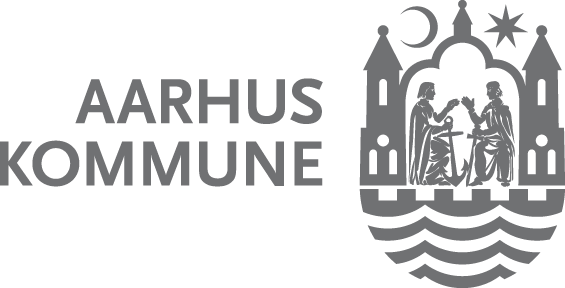At Elderlearn, we have an ongoing focus on researching and evaluating the impact an Elderlearn match has on seniors, international migrants and society in general. On this page, you will find links to the external evaluations that Elderlearn has been a part of, as well as figures from some of our internal evaluations.
Working through Elderlearn can have a positive impact on several aspects of a volunteer's life and well-being.
Better wellbeing for seniors
Valuable social relationships are crucial to a person's health, both mental and physical.
Loneliness, defined as a mismatch between desired social contact and actual social contact, can lead to unhappiness, stress, illness, hospitalizations, doctor visits and increased public spending.
In particular, the feeling of no longer being of use to anyone can increase feelings of loneliness.
Elderlearn needs the help of seniors to support an international newcomer's language comprehension. This re-establishes the senior's function in society, which we believe is the strongest weapon against loneliness.
Language skills and cultural understanding of international migrants
Poor language skills and limited cultural understanding among international migrants often result in poor integration with negative consequences for job opportunities, the future prospects of the migrants' children and the health and well-being of their families.
At Elderlearn, international newcomers have a safe relationship where they can practice the spoken language and talk about everyday challenges in Denmark, e.g. education and work, traditions and expectations and other cultural topics. education and work, traditions and expectations and other cultural topics.
It boosts international migrants' confidence, well-being and understanding of Danish culture, leading to better integration and connection to society.
International migrants' job attachment
In Denmark, we have a challenge when it comes to retaining international employees.
Many leave within the first few years of arrival, and within five years, more than half of highly educated foreigners have left Denmark.
According to the Confederation of Danish Industry, a lack of Danish language skills, and thus the inability to form long-term relationships and a sense of belonging after working hours, are some of the most common reasons why international employees leave Denmark.
For many foreign employees, it's difficult to get the opportunity to practice the Danish language during a normal working day - often because it's easier for colleagues to switch to English.
Speaking English may be more effective, but it's a short-term solution. The lack of language makes it difficult to connect with everyday life in Denmark.
A match through Elderlearn can therefore be a valuable supplement to language courses, onboarding programs and retention strategies, and is in many cases the first relationship where the international migrant actively uses the Danish language.
Upskilling and retention of healthcare students and employees.
In many municipalities, it is difficult to retain social care students and employees. This is especially true for the large proportion of healthcare professionals with a foreign background.
Studies show that the dropout rate for this group is often due to language and cultural challenges that make day-to-day work in home care and nursing homes difficult.
Meetings between seniors and newcomers contribute to an increased desire to work with senior citizens.
Elderlearn's results for targeted interventions with a healthcare focus show that
57% of social care students after an Elderlearn match are more interested in working with the elderly
77% have become more comfortable speaking Danish with colleagues and seniors
78% think the match has helped them learn Danish
78% have become more motivated to continue their education with the Elderlearn partnership.
Volunteering for all seniors
A qualitative study of the opportunities and challenges of expanding and scaling up a social volunteer program for the elderly and foreigners.
Nordea Fonden has supported the follow-up research on Elderlearn from the Center for Humanistic Health Research (CoRe) at the University of Copenhagen.
Here you can read a report that reviews the results of the project.
When frail older people become volunteers
Fonden for Ensomme Gamles Værn has supported ethnological follow-up research on Elderlearn from the Center for Humanistic Health Research at the University of Copenhagen.
Here you can read a report that reviews the results of the project.













